
Hsiao-Hsien Hou
Birthday: 8 April 1947, Meixian, Guangdong, China
Of the ten films that Hsiao-Hsien Hou directed between 1980 and 1989, seven received best film or best director awards from prestigious international films festivals in Venice, Berlin, Hawaii, and the ...Show More
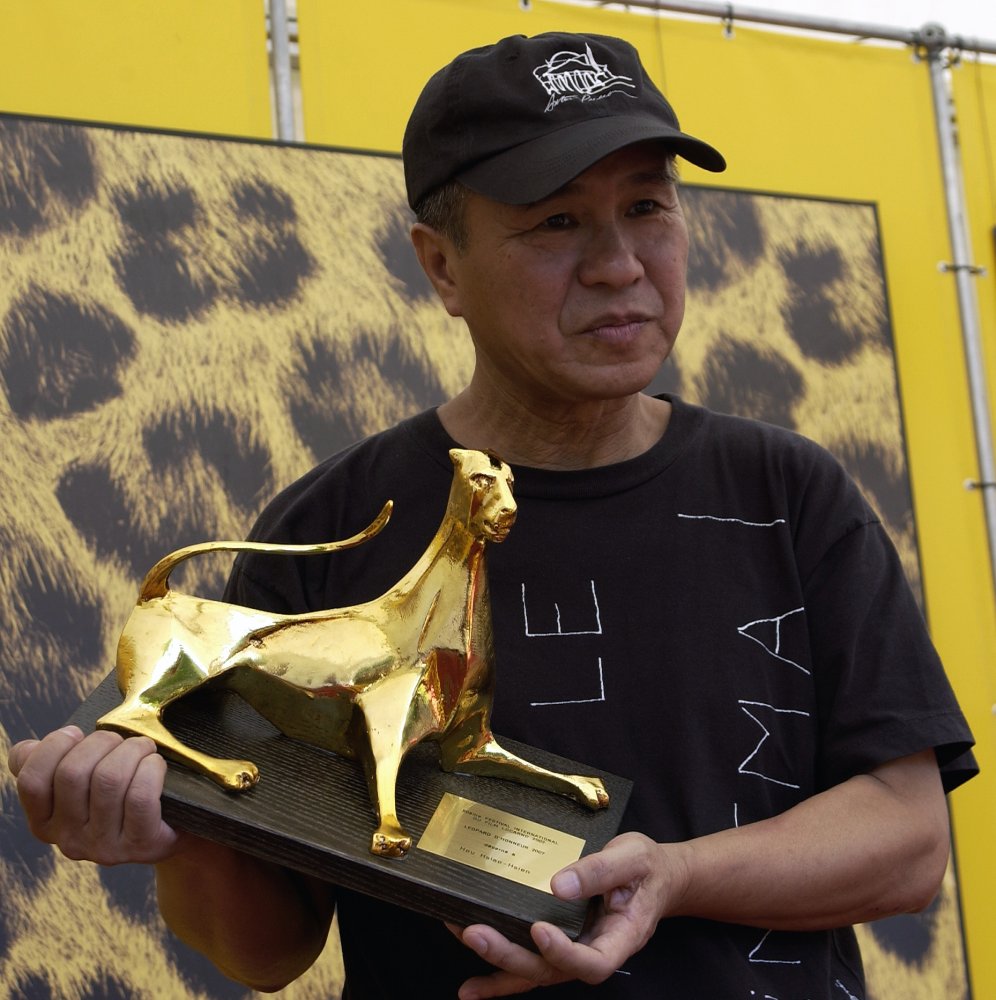
Movies should reflect facets of life. If you don't fully comprehend a way of life, you can't tell wh Show more
Movies should reflect facets of life. If you don't fully comprehend a way of life, you can't tell whether something will ring true. Whenever I am planning a script, I like to survey a location and its surroundings to determine where key scenes will take place, within which neighborhood, and what the area's infrastructure is like. I'll explore places such as the school and the public market within that district. Hide
You can't imagine the lengths I went to, growing up, to actually see films. I remember that I would Show more
You can't imagine the lengths I went to, growing up, to actually see films. I remember that I would see every single film that was released and shown in the theater. I had to find a way to get in there. So when I was a boy, what I would do is pretend that I was someone else's kid-I'd tug the shirt of an adult and pretend that I was with them so I could get into the theater for free. Then later on, in middle school, I was a bit bigger and could no longer pretend that I was somebody's child to get into the theater, so I would collect ticket stubs on the floor and stick them back together, and then I would go to the theater and give that to the clerk. Of course, they didn't pay attention to the details, so they would just take the fake ticket stub. Later on, when I was in high school and college, I did something more impressive: I would climb walls to go into the theater, or I would cut through fences to go see the films.[2015] Hide
[on his future as a filmmaker, 2008] I've made my share of art films, so I think it's time to switch Show more
[on his future as a filmmaker, 2008] I've made my share of art films, so I think it's time to switch gears. I'd like to devote the next 10 years to making wuxia films. Rest assured, they won't be your ordinary kung-fu movies that other filmmakers have been making. The Tang dynasty produced countless novels that are quite fascinating. The first one I've chosen is about a female assassin called 'Nieyin niang'. Hide
[on form] It seemed clear to me what determines each shot: the point of view, the objectivity, and t Show more
[on form] It seemed clear to me what determines each shot: the point of view, the objectivity, and the subjectivity of the character, what the actor sees. Who sees what? I thought, 'I've got it!' I understood that three viewpoints make up each film: 1) that of the director, what the director thinks or sees, and 2) that of the character, what the actor thinks or sees. That's all. Only two viewpoints. Hide
The cinema that I like has a kind of simultaneity between conspicuousness, exteriority and content.. Show more
The cinema that I like has a kind of simultaneity between conspicuousness, exteriority and content... If I were to compare film to music, I'd say that what interests me is more like the style of a fugue than that of an orchestral symphony. I like to create films in the same way as one would a fugue. Hide
[on how he became a filmmaker] (When he was in the army) On Sundays, when I was on leave, I'd go to Show more
[on how he became a filmmaker] (When he was in the army) On Sundays, when I was on leave, I'd go to the movies. Sometimes I'd see four films a day. Without knowing whether I'd study cinema, I'd decided it was what I wanted to do. I liked the cinema without knowing exactly what I'd do in it. I began working, as soon as I got out of university, as an assistant and as a screenwriter, not knowing I'd become a director. At first I wanted to be an actor. During school I took part in a singing contest. But I got stage fright. Once on stage, no sound! Hide
Movies are only 100 years old. They haven't been around for that long, yet Milan Kundera has already Show more
Movies are only 100 years old. They haven't been around for that long, yet Milan Kundera has already declared, "Cinema is dead." He doesn't think movies should be a mere imitation of drama and theater. For me, cinema is still young; it still can't function like written words, which have been around for far longer. When we see an image, we could only see the surface. It's like in real life - it's hard to go deeper, beyond what you see on the surface. It's hard to get at just through looking, just through beholding an image. Words can do that. They can go deeper. But with images, we only see the surface. We need more time to develop the language of cinema, to explore its possibilities. It's going to take a while before anything changes. But the Internet may be helpful in this respect: these days, people can easily shoot and put up their works online. But it will still take time. [2015] Hide
My films are accepted much more in Japan or in Europe.
My films are accepted much more in Japan or in Europe.
Reality provides a model and the more you understand it, the clearer your film will be.
Reality provides a model and the more you understand it, the clearer your film will be.
[on the complicated nature of the story in Nie yin niang] That's normal, and it can't be helped. Hol Show more
[on the complicated nature of the story in Nie yin niang] That's normal, and it can't be helped. Hollywood-style films are popular all around the world nowadays, and they need a strict story structure. If the story is not told that way, not continuous enough, the audience will have difficulty following along. But that's only one of the many ways of telling a story: there are hugely different ways of filmmaking in world cinema. Only because of the huge impact of Hollywood, young people want to imitate that style. Actually, almost all filmmakers want to imitate the style of Hollywood. But I don't see it that way. A good film is when you continue your imagination (of it) after seeing it. Hide
[on changes in the industry since his early days] The times have changed and the technical aspects h Show more
[on changes in the industry since his early days] The times have changed and the technical aspects have moved on but the mindset of the film business and its relationship with the market has more or less remained the same. For the contemporary people - or maybe for me in particular - the biggest enemy is the market. It destroys everything other than what makes money, doesn't it? The situation has gotten worse with the popularity of the internet: the users can come together and decide which movies (get made) nowadays. How much can you achieve in such a narrow space (for creativity)? It's not easy. Even the nature of the moving images has changed: people are used to watching on small screens or reading comics now. In comics, all the images are the most brilliant moments. The viewers no longer pay as much attention to the texture of the images or the flow of emotions (in films). So although the emphasis on the market has stayed the same, the essence of cinema has changed since I started. Hide
[on Le Voyage du Ballon Rouge] I found it fascinating, because the relationship between a child and Show more
[on Le Voyage du Ballon Rouge] I found it fascinating, because the relationship between a child and a balloon has changed drastically in half a century. A child can have all kinds of toys nowadays, so a balloon is nothing special. But the original 'Red Balloon' ended with a group of children fighting over the balloon and ultimately causing it to deflate, which I thought was quite cruel. So the balloon in my film represents a ghost of the past returning to this world. Although it may momentarily elicit a child's curiosity, the balloon basically understands that its relationship with the child has shifted. It is watching over a child, but there's also an air of sadness because it can no longer win the child's affection. Hide
The style of the film depends on the filmmaker's personality.
The style of the film depends on the filmmaker's personality.
[on why he prefers long shots] I always tend to use long shots since I prefer to show what is happen Show more
[on why he prefers long shots] I always tend to use long shots since I prefer to show what is happening behind the characters, meaning the objects behind the actors, the landscapes. When you use a long shot, you can better capture reality. I am in favor of realism in movies and am against the theatricalisation of action. I hate explanation in films, especially anything related to psychology, preferring instead that the movie help audiences to bring their own imaginations into the story. Hide
Art movies and commercial movies are [in Taiwan considered] opposites ... it's like they hate each o Show more
Art movies and commercial movies are [in Taiwan considered] opposites ... it's like they hate each other. Hide
[on eastern and western ways of expressing ideas] In western novels and drama the storytelling is ve Show more
[on eastern and western ways of expressing ideas] In western novels and drama the storytelling is very strong. This is a longstanding tradition. Chinese novels and drama are different. They use a style called 'Fubixing' part of which is similar to poetry. They don't purely tell the story, they express feeling at the same time... Just like in symphonic music, the fugue is different from harmonic music. Fugue has different melodies at the same time. It can have 2 or 3. Harmonic music has a main melody. Everything goes with this main melody. The fugue is similar to an eastern way of expression, which puts seemingly irrelevant lines together to mix storytelling, feeling and expression. Hide
When I was young, a group of filmmakers and I would hang out at Edward Yang's home. It was a Japanes Show more
When I was young, a group of filmmakers and I would hang out at Edward Yang's home. It was a Japanese-style home, and we'd be sitting around on these Japanese mats. At the time we weren't young in age, but we were young as filmmakers, so we felt very fresh, very eager, and very ambitious about the films we were about to make. The films that we watched had been made after World War II in different countries. So you had films being made in Italy with neorealism, including Bicycle Thieves. In France you had Godard with Breathless and François Truffaut's The 400 Blows, and in Germany you had this new cinema with Rainer Werner Fassbinder. These were films we would watch and discuss. We were all filmmakers who had gone abroad to study film, but Yang was an anomaly because he had actually studied science, and was working with computers, but gave up those practices to make films in Taiwan. Breathless definitely had a huge influence on how I put together my film The Boys from Fengkuei-and while I was editing this film with my collaborators, we actually saw Breathless. It really inspired us to incorporate jump cuts into the editing process, because in the past, the conventional way was to start with a long shot and end up with a close-up. But here, with the exact same position, you can do these jump cuts to somehow bring out the emotions of the characters and the stories you want to portray.[2015] Hide
Hsiao-Hsien Hou's FILMOGRAPHY
All
as Actor (2)
as Director (2)















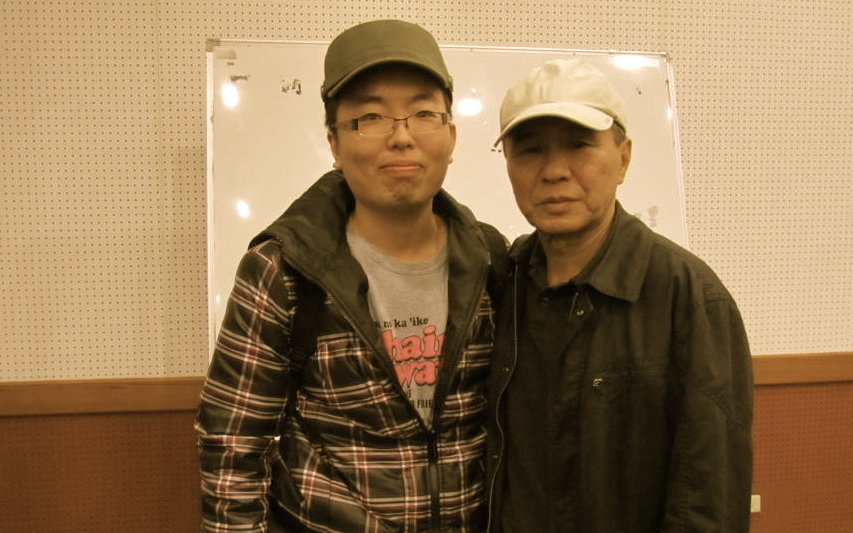
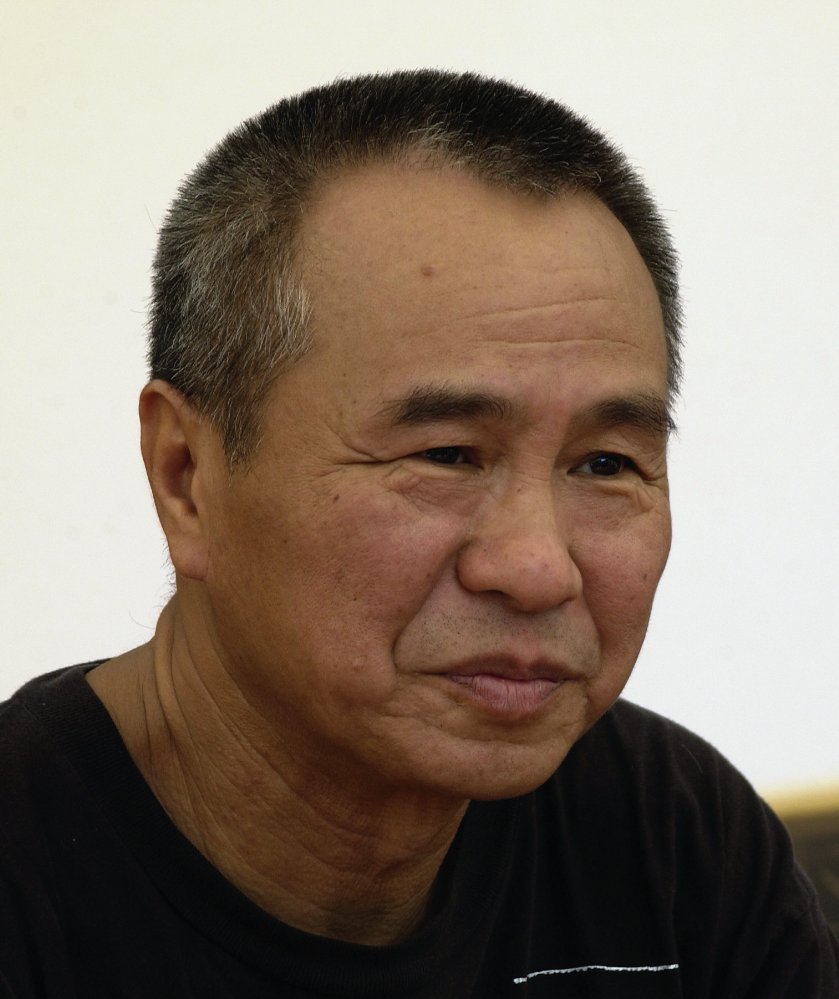
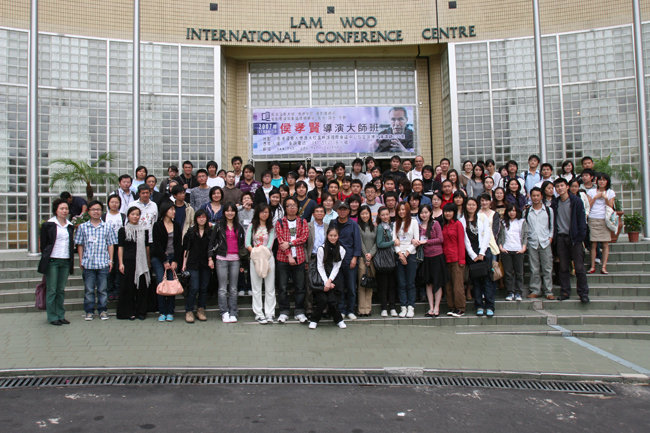
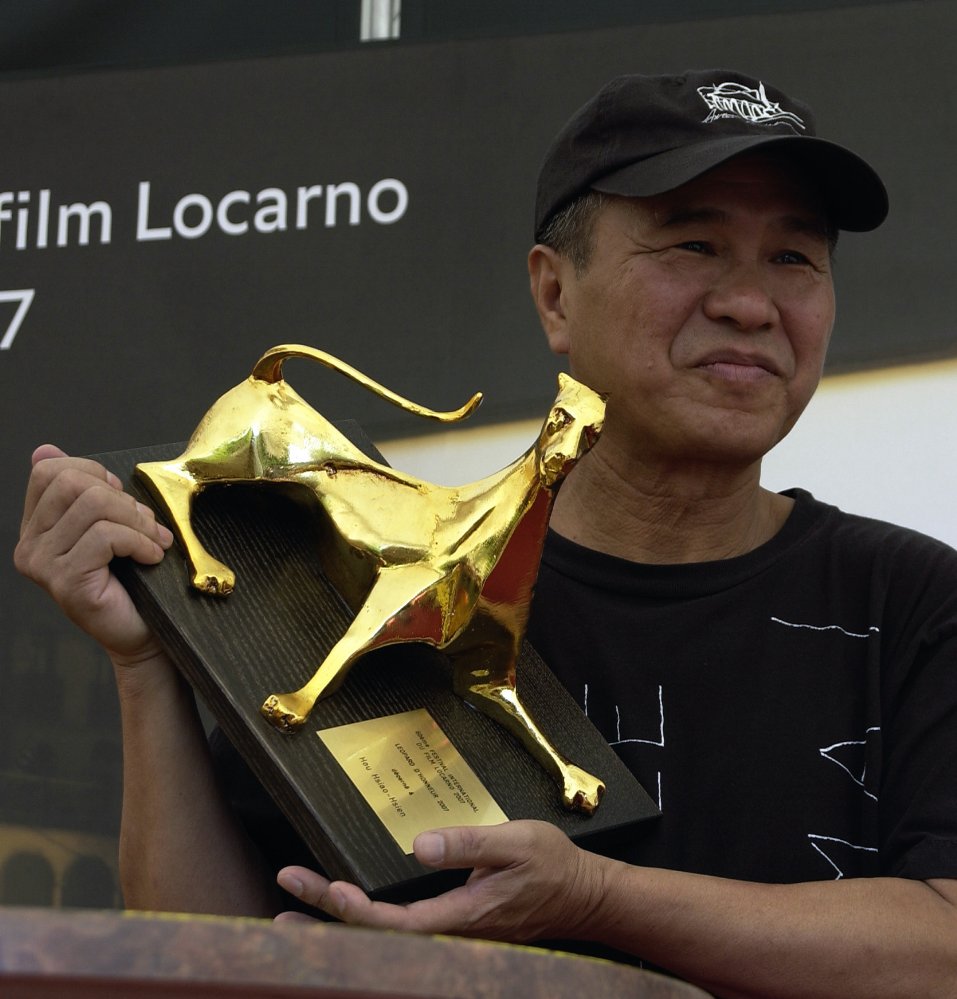
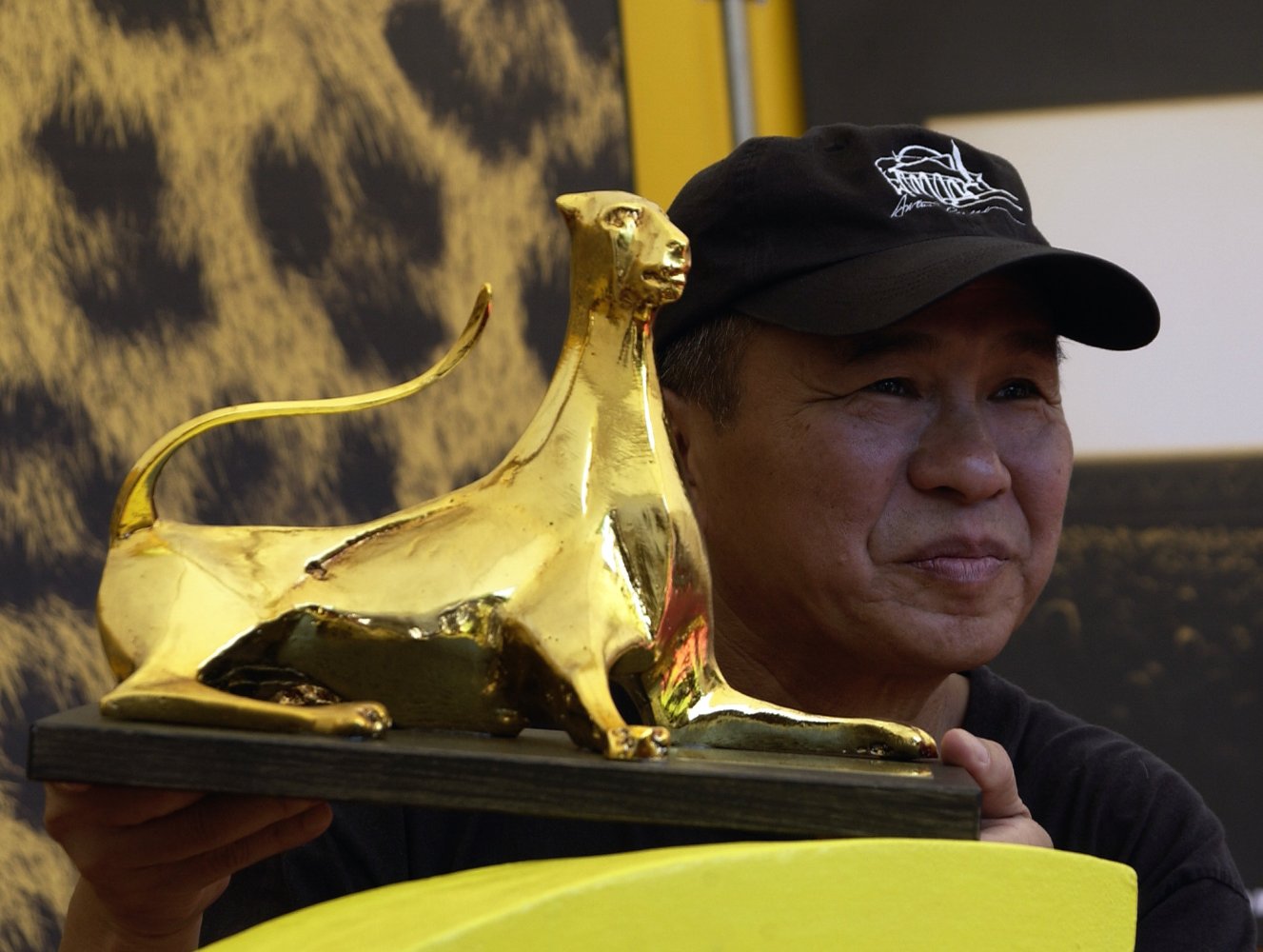
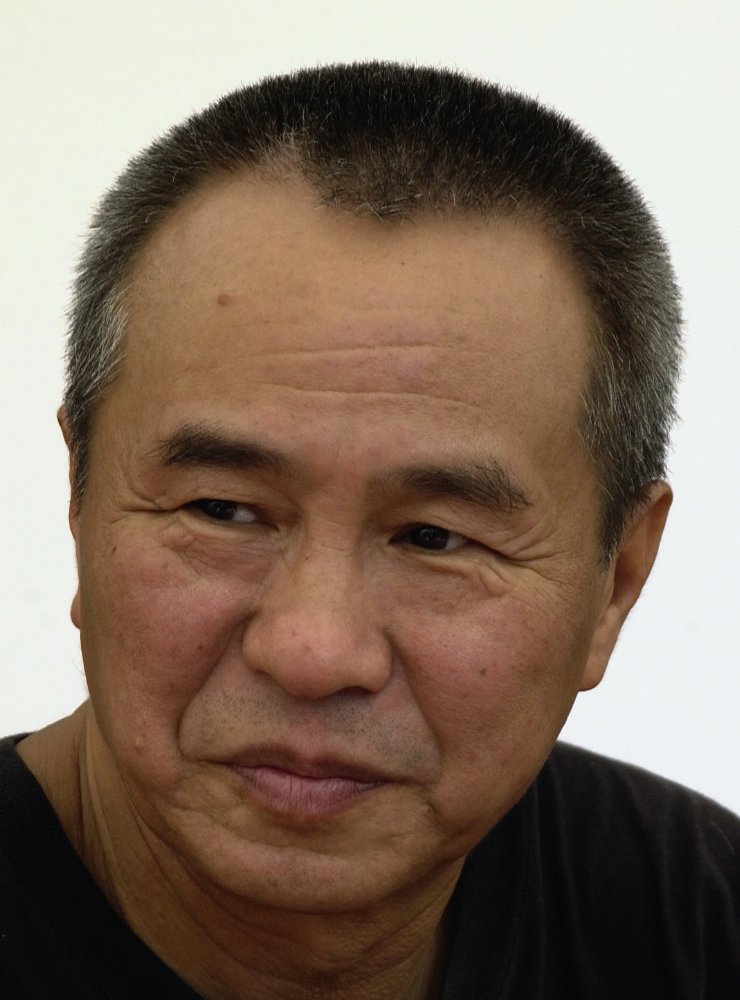


![Bei qing cheng shi [Audio: Chinese]](https://static.123movies.domains/img/movie/5ibLDR--4hi5ax22-59idj5XWzsw5m-qYOcS2b1H49uRskN5wnk4oJ7a8GZJ5EFV3bnsxfiWlNPmqy7Gh-kN-YyAzWL-XJUajVogbH-yqYM.jpg)



